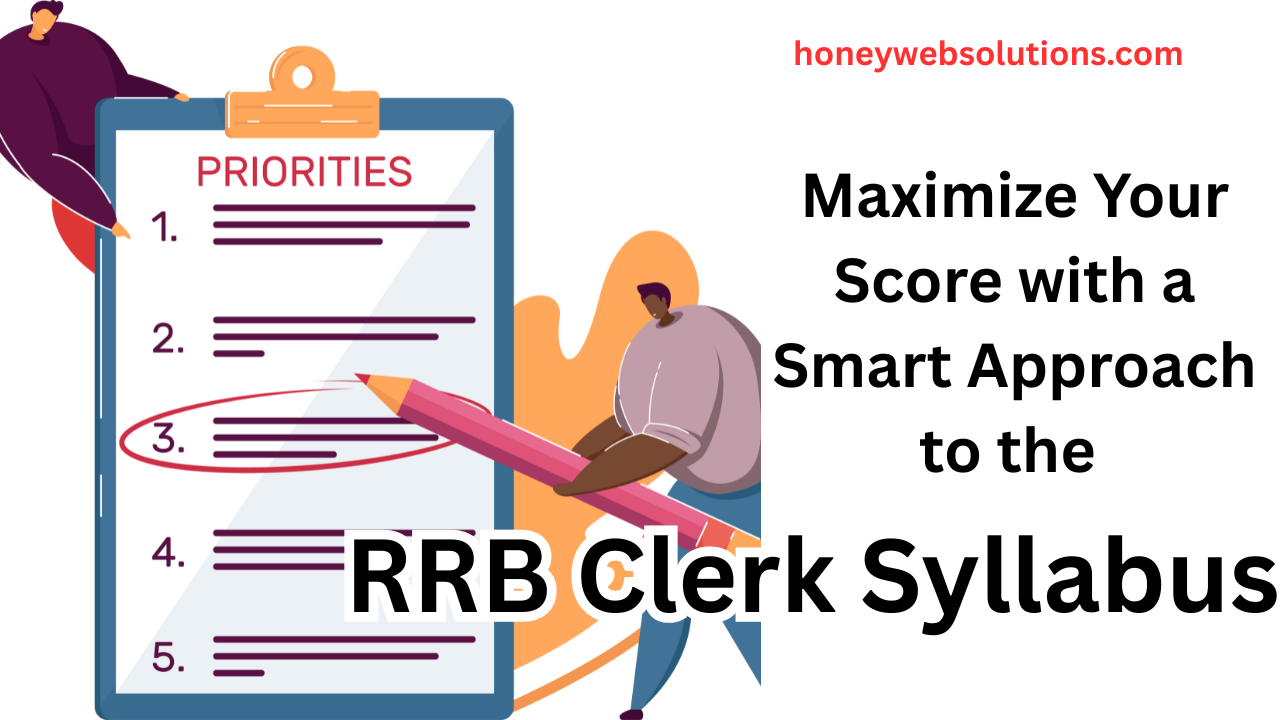Tips On Value Added Tax
You may register your business for VAT (Value Added Tax) for a number of reasons. You need to have a clear understanding of what you need to do, regardless of the reason why you register, and our useful Value Added Tax guide for businesses will help you maintain accurate VAT records and payments.
Visit VATGlobal for up to date tax advice.
Are Small Commercial Entities Required To Make Value Added Tax Payments
Table of Contents
Businesses are required under the law to pay VAT once they meet the set limit. You must register your business for VAT with Her Majesty’s Revenue Collection if your sales revenue for the past year exceeds the set limit. To ensure that your operations are in line with the current guidelines, it is recommended that you check the HMRC website regularly as the established limits change every now and then.
Businesses may also decide to register for Value Added Tax payments if they regularly deal with VAT registered suppliers, even though their own annual revenue falls below the set limit. Being VAT registered makes it possible for you to reclaim the VAT paid on supplies, even though you also have to add VAT to your sales. You may also register for VAT, even though your turnover level does require it, to give your business a more professional look as this means that you can list VAT on your invoices.
Accounting For VAT
Individuals and businesses that have registered for VAT must file a VAT return every quarter even though there are different VAT schemes. The following is included in the return:
The VAT amount received based on your sales (Output VAT)
The VAT amount you have paid to suppliers (Input VAT)
The calculated difference between Input and Output VAT
You are required to make a payment to the HMRC if you have collected more output VAT than you have paid out in the form of input VAT. On the other hand, if the input VAT amount exceeds the output amount, you qualify for a reimbursement.
You must keep a record of all the VAT receipts you have received from your suppliers, as well as all the invoices and receipts documenting your sales, to be able to fill out your VAT return for each quarter. The return can be completed and payment, if any, made via the internet.
Outsourcing some of the work, especially the bookkeeping bit, to a qualified individual offering virtual assistant services may help you simplify the entire process.
VAT Effects Due To Small Business Challenges
Small businesses usually struggle with getting things done, even though all businesses have their own struggles. It is important to ensure that you submit VAT returns within the set deadline, as failure to do so attracts penalties. Set up some useful structures to help you simplify the VAT return process and make things easier on yourself.
Since the HMRC offers a variety of VAT plans designed to better suit some businesses than the standard plan, make sure that you choose one that best fits your business.
Any relevant VAT communications and invoices should bear your VAT registration number and full name and address of your business.
Maintain a complete and easily accessible record of all your receipts and invoices.
Use your accounting software to track input and output VAT amounts, or use a Value Added Tax spreadsheet.
To ensure that you always have the amount payable, your entire output VAT should be collected and placed its own separate account.
To ensure that you are always prepared in advance, make a note of the quarterly VAT return deadline date.
Seek assistance if necessary. You can consult your own accountant or Her Majesty’s Revenue Collection. It might also be worthwhile for you to consider the advantages of a virtual assistant when it comes to maintaining current records and preparing VAT returns.











